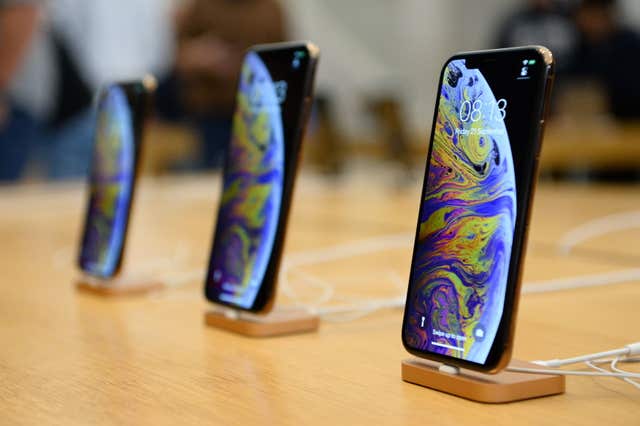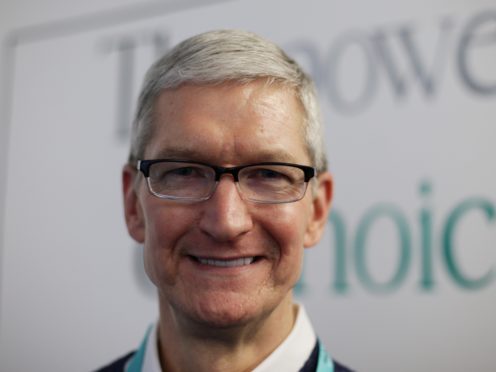Apple chief executive Tim Cook has defended the company accepting billions from Google to make its search engine the iPhone default, despite its commitment to privacy.
The boss of the world’s first trillion dollar company has previously criticised the likes of Google and Facebook for their advertising-supported practices, reliant on user data to make profit.
In an interview with Axios on HBO aired in the US on Sunday, Mr Cook emphasised that Apple has employed a range of measures to protect user privacy – but admitted that the deal is not perfect.

“I think their search engine is the best,” he said.
“Look at what we’ve done with the controls we’ve built in. We have private web browsing. We have an intelligent tracker prevention.
“What we’ve tried to do is come up with ways to help our users through their course of the day. It’s not a perfect thing. I’d be the very first person to say that. But it goes a long way to helping.”
The agreement makes Google search the default in a number of ways, including within Apple’s web browser Safari and for web searches carried out with its voice assistant Siri. The exact amount Apple takes from Google is unknown, but investment banking firm Goldman Sachs estimates the sum could be up to nine billion dollars (£7 billion).
During the interview, Mr Cook also expressed his dislike of regulation but admitted it now looks inevitable.
“Generally speaking, I am not a big fan of regulation,” he said.
“I’m a big believer in the free market. But we have to admit when the free market is not working. And it hasn’t worked here.
“I think it’s inevitable that there will be some level of regulation. I think the Congress and the administration at some point will pass something.”
Speaking at an event on data protection and privacy last month, Mr Cook said that Apple backed a new “comprehensive federal privacy law” in the US to protect users and their data, warning that some companies put “profits over privacy”.
